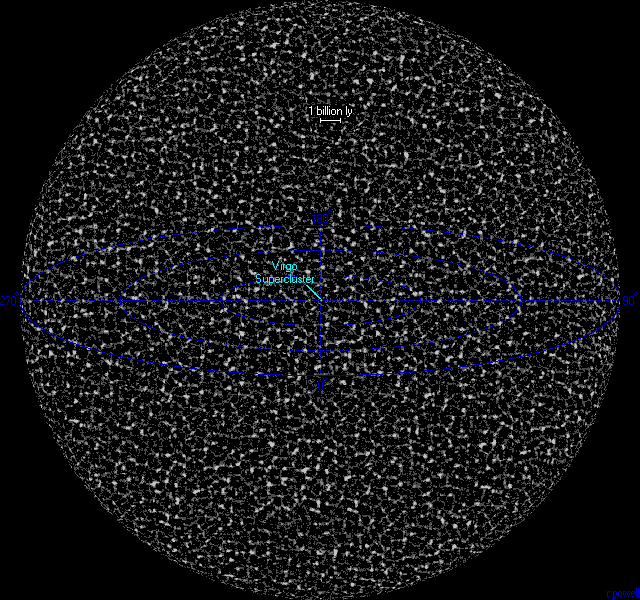Economics and Evolutionary Psychology* by David Friedman
- Homo economicus: non abbiamo una buona teoria degli errori
- EP contributo 1 specifica l'obiettivo dell' HE e 2 specifica che la ns razionalità nn è relativa al ns contesto ma a quello della ns specie
- L' uomo è irrazionale x' è strutturato x essere razionale in un contesto di 10000 anni fa
- Caso 1: just price e code prevedibili
- Il boicottaggio singolo nn serve a niente ma 20000 anni fa, quando gli scambi erano ristretti, sd non bilaterali, servivano eccome
- Caso 2: preferenze iterpersonali. X' lo sconto diminuisce nel tempo. Il ns. cervello ha un fattore di sconto interiore poichè non è immaginabile un "futuro certo". Ma oggi un futuro certo esiste (vedi bot)
- Caso 3: effetto dotazione. Valuto di più ciò che possiedo. X'? Animale territoriale: il territorio indica ciò x cui mi batterò fino alla morte e qs determina la pace nelle società primitive
- PE spiega ciò che l' ec. classica non spiega ma aiuta anche a specificare ciò che l' EC lascia sul generico
- .....
- we have no good theory of mistakes... Evolutionary psychology offers, among other things, a theory of mistakes
- The human mind is best understood not as a general purpose computer but as a set of specialized software modules, each designed to deal with a particular subset of problems... Those programs have been designed by Darwinian evolution to produce reproductive success
- we are adapted not to the world we now live in but to the environment in which our species spent most of its history.
- What Evolutionary Psychology Adds
- Economists assume that individuals have objectives... Evolutionary biologists, on the other hand, know the objective
- Problema. But despite those traits human beings, in the environments of recent centuries, produce far fewer children than they could produce
- Knowing the objective of our genes is not sufficient to tel us, with confidence, the objectives of the human beings that those genes build.
- Economic Puzzles
- The first puzzle is the existence of predictable lines.
- La parabola dei ristoranti: offend its customers and thus lose more in the long run
- why firms that sel the same product at different prices at different times almost invariably describe their policy as a normal price and a discount rather than a normal price and a surcharge.
- Next consider the history of price control... Individuals believe that the proper price for a good is the price at which they are used to buying the good,
- Evolutionary Psychology and the Just Price
- Now shift the analysis back twenty thousand years.
- In this world al markets are thin—it is, after al, a smal band—so the typical transaction is a bilaterial monopoly bargain.
- There is a solution to this problem. A seler charging an unusualy high price can defend himself against the buyer’s commitment strategy by offering to show the buyer that his costs realy are unusualy high.
- Pulsioni egalitariste e gerarchia. Anthropologists Kim Hil and Hilard Kaplan, in their study of the Ache,[23] discovered an interesting pattern: Individuals were identified as good or bad hunters and good hunters had substantialy greater reproductive success, more surviving offspring, than bad hunters. Their explanation was that, despite the apparent egalitarianism of the sharing of meat—which provided the bulk of the calories consumed—good hunters were stil rewarded.
- tempo. The usual pattern appears to be a very high discount rate for choices in the near future and an increasingly low discount rate as the alternatives become more distant. [27] Evolutionary psychology suggests a straightforward explanation for such a pattern... The world in which our species evolved did not have such contemporary institutions. In that world it was rational to discount promises of future performance.
- Endowment Effects
- Esperimento.
- On average, people value a mug more when they have it than when they do not The explanation of this pattern of behavior starts with the observation that it is not limited to humans.... It has long been known that some species of animals exhibit territorial behavior.
- Strategie per minimizzare i conflitti con la deterrenza. Some method, possibly as simple as physical possession, is used to define what belongs to whom. Each individual commits himself to fight very hard to protect his property—much harder than he would be wiling to fight in order to appropriate a similar object from someone else’s possession
- a fight to the death is a losing game for both parties, since even the winner risks substantial injury... effect—each individual wil fight much harder to keep his territory than he wil to conquer someone else’s territory.
- Filling in the Utility Function
- One obvious example is parental altruism towards children.
- A less obvious example is concern with status. As Robert Frank has convincingly argued, [33] humans appear to care about both real income and relative income... How many children I can feed depends on my real income. But my ability to persuade one or more women to produce children with me depends on my resources—material and otherwise—relative
continua
